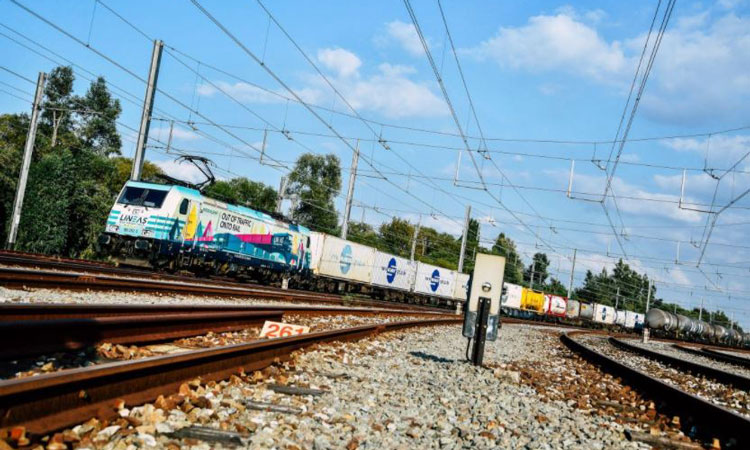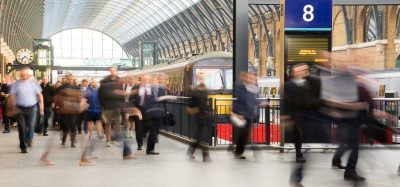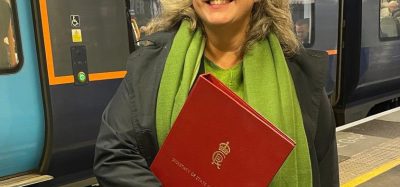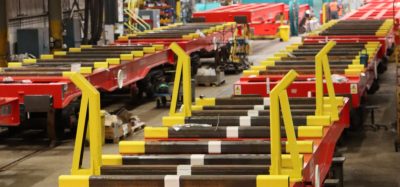ERFA supports proposal to reduce track access charges in Germany
Posted: 23 April 2021 | Global Railway Review | No comments yet
The proposal remains the best means to support the rail freight industry through the COVID-19 pandemic in a fair, transparent and non-discriminatory manner, but ERFA has expressed that caution is needed to ensure that proposed direct support to the incumbent holding company does not result in cross-subsidisation or other activities.


Credit: erfarail.eu
The Eurpean Rail Freight Association (ERFA) is strongly supporting the proposal of Germany to reduce track access charges for rail freight by 98 per cent from March 2020 until the end of 2021, subject to an extension of the existing European legal framework allowing Member States to waive and reduce track access charges.
The proposal of Germany will join similar measures which have been observed in a significant number of Member States since the introduction of the European Regulation establishing measures for a sustainable rail market. ERFA believes the strong uptake of the provisions of this regulation by Member States – namely the possibility to waive and reduce track access charges – and the cross-industry support for these measures, clearly shows that direct support and recapitalisation of individual rail freight operators should no longer be viewed as a viable means of supporting and promoting rail freight. Recapitalisation of individual freight operators under national support schemes should therefore not be allowed, be it directly or indirectly.
ERFA currently represents 30 members who operate across the European rail network and they support the whole value chain of rail transportation. ERFA was established in Brussels in 2002 by a handful of new rail freight operators. It was established as the voice of new entrants to support the European vision for a liberalised railway market.
In a press release, ERFA states that the European Commission (EC) must therefore continue to be vigilant in guaranteeing that sufficient safeguards are in place so as to ensure that national aid destined to the modernisation of the rail system, as proposed in Germany, does not lead to cross-subsidisation of individual operators. Where aid is granted to a holding company, it is essential for the confidence of the market that there are checks and balances in place on how the money is used and certainty that any aid will not undermine competition. It is also essential that track access charges reductions do not result in any reduction in maintenance or investment in important infrastructure works.
The press release also expressed that the recent decision of Germany again shows it is still possible for Member States who have not already done so to introduce such support measures to assist rail freight operators. There should be no doubt that the rail freight sector is operating in an entirely different economic environment since the beginning of 2020 and Member States should take into account that the rail freight market is not as cost resilient as before the start of the pandemic.
ERFA President, Dirk Stahl, said: “We strongly support the path the German government has decided to take to support the entire rail freight sector. This is an important step and must form the basis of all future support measures. It sends a positive message to all private and independent operators that support measures will be fair and equally available to all rail freight operators.”
ERFA Secretary, Conor Feighan, said: “The decision of the German government to allow track access charges to be reduced up until the end of 2021 shows the importance of extending the provisions of the European regulation establishing measures for a sustainable rail market until the end of this year. We therefore call upon the EC to take the necessary steps to prolong the regulation.”
All ERFA members share a commitment to work towards a non-discriminatory, competitive and innovative Single European Railway market by promoting attractive, fair and transparent market conditions for all rail enterprises.
Related topics
Related organisations
European Commission (EC), European Rail Freight Association (ERFA)








